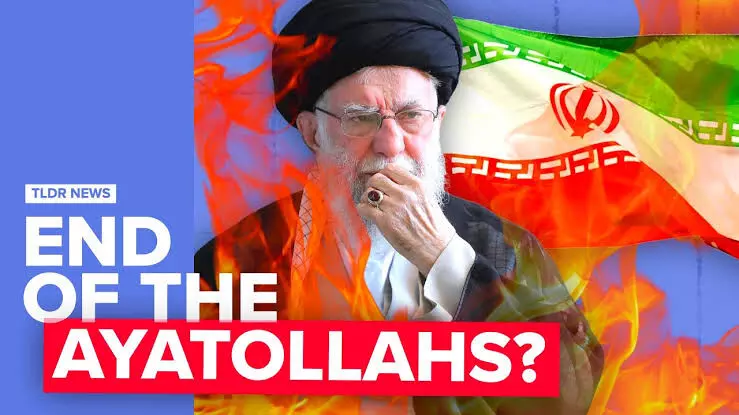The Ayatollah Conundrum: Why Regime Change in Iran is a Bad Ide

As the world grapples with the complexities of Iran's clerical regime, a critical question arises: would removing the ayatollahs be a prudent move? The answer, unequivocally, is no. Forcibly removing Iran's ruling clerical elite by Western intervention would be an extremely high-risk and destabilizing geopolitical action, fraught with perilous consequences.
*Regional Instability and Conflict Escalation*
The removal of Iran's leadership would create a power vacuum, potentially leading to civil war, similar to post-invasion Iraq or Libya. Iran's proxy conflicts would intensify, with regional militias and proxy forces launching retaliatory attacks across the Middle East. The sectarian violence that would ensue would have far-reaching consequences, inflaming Sunni-Shi'a tensions regionally and sparking a maelstrom of violence in Iraq, Lebanon, Syria, and Yemen.
*Terrorism and Retaliation*
Iran's intelligence services, particularly the IRGC/Quds Force, have global reach, making retaliatory attacks on Western targets – embassies, troops, or civilians – a distinct possibility. The specter of hostage crises also looms large, with Iran potentially arresting Western nationals or inciting uprisings in unstable regions.
Nuclear Proliferation Risk
A regime feeling existential threat might accelerate nuclear weapons development as a deterrent. The consequences of a collapsed regime would be catastrophic, with nuclear materials potentially falling into the hands of extremist groups.
Global Economic Consequences
The impact on global energy markets would be seismic, with war or sabotage potentially spiking oil prices and triggering economic turbulence worldwide. The closure of the Strait of Hormuz, a critical chokepoint for global energy supplies, would severely disrupt trade and have far-reaching economic consequences.
Humanitarian Crisis
A power struggle or civil war would displace millions, putting an unbearable strain on neighboring countries. The civilian casualties would be catastrophic, with regime change efforts often resulting in significant harm to innocent civilians.
International Backlash
Unilateral Western regime change would face withering criticism from Russia, China, India, and much of the Global South. International diplomacy would be paralyzed, with adversaries using the move to justify their own aggressive actions.
Domestic Blowback in Iran
The unintended consequences of regime change would be felt acutely within Iran. Nationalism would strengthen, with even reform-minded Iranians rallying behind the clerical establishment. Genuine democratic opposition would be discredited as foreign agents or collaborators.
Alternative Approaches
Rather than pursuing a policy of regime change, the international community would do well to support bottom-up reform movements and civil society within Iran. Strengthening sanctions targeting human rights abuses, rather than civilians, and using diplomacy to contain Iran's regional ambitions while encouraging internal evolution would be a more prudent approach.
In conclusion, forcibly removing Iran's ayatollahs by Western powers would be a catastrophic mistake, creating greater instability, undermining global security, and setting back democratic aspirations in Iran for decades. History suggests that such actions rarely lead to intended outcomes.
